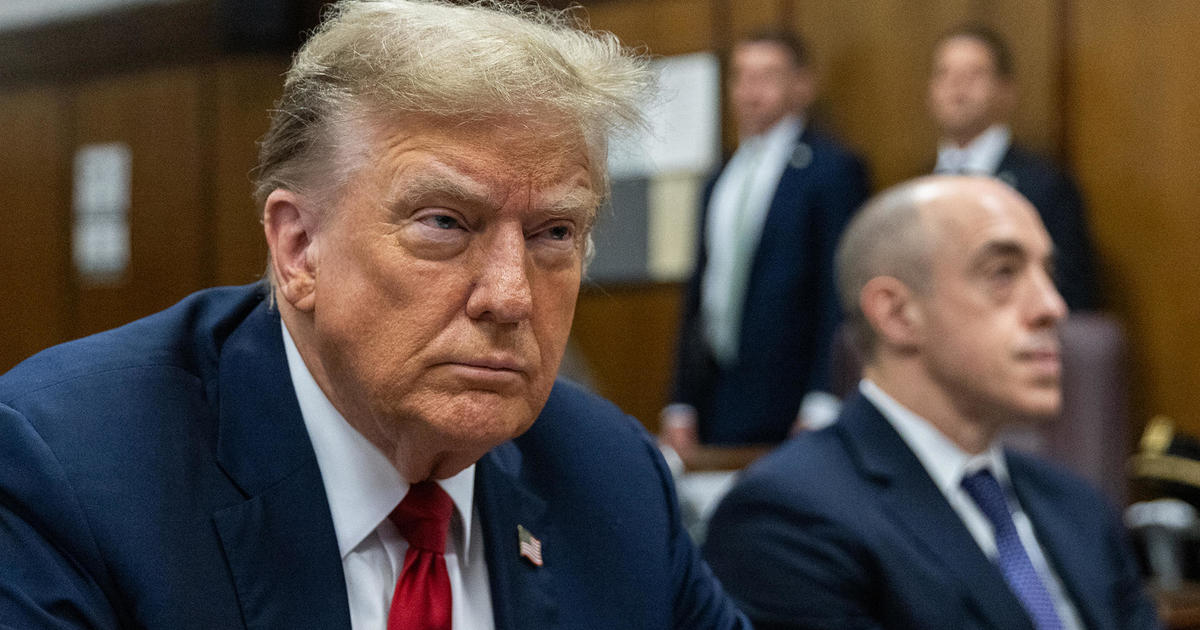Weighing Obama's legacy on retirement issues
As President Barack Obama’s tenure in the White House winds down, retrospectives on his eight years of achievements and failings -- from economic growth to foreign policy -- have been cranking up. For millions of older Americans, as well as those who someday hope to be in that category, a key consideration is what did Obama do to help improve American workers’ security in their retirement years?
While he made much progress, some of the outgoing president’s accomplishments could be in jeopardy under the incoming Republican regime of Donald Trump, and Obama is also leaving behind some important, unfinished business.
Let’s take stock of Obama’s legacy on retirement issues.
Accomplishments
- Recovery of the economy and jobs. The economy’s strength and the availability of paid work are essential factors for a secure retirement. During Obama’s eight years in office, according to the U.S. Bureau of Labor statistics, the official unemployment rate started at 7.8 percent at the beginning of 2009, peaked at 10 percent in October 2009 and decreased to 4.7 percent by the end of 2016.
- Stock market recovery. The S&P 500 produced a positive return in every year of Obama’s administration, a result that no other president can claim. From the beginning of 2009 to the end of 2016, an investment in the S&P 500 would have almost tripled, producing a cumulative return of more than 293 percent.
- Health coverage for pre-65 retirees under the Affordable Care Act. Under the ACA, a.k.a. Obamacare, retirees younger than age 65 with preexisting health conditions can now buy health insurance. Lack of any type of health insurance is a deal-breaker for retirees who don’t have coverage from their work.
- Medicare cost containment under the ACA. The ACA also implemented cost-containment features in Medicare, and as a result, Medicare premiums have increased only modestly during Obama’s eight years in office. The Medicare Part B premium for most retirees was $96.40 per month in 2009 (excluding high-income retirees who are assessed higher premiums). By 2017, the monthly premium for existing retirees was $109 per month, an increase of just 13 percent over eight years. Premiums were actually reduced in 2012, with no increases in 2014 and 2015. The Medicare Part B premium for new retirees in 2017 is $134 per month.
- Fiduciary rule. In April 2016, the U.S. Department of Labor issued regulations requiring financial advisers to act in the best interest of their clients when providing advice on retirement savings. These rules have the potential to decrease expenses charged to retirees’ accounts, thereby increasing the amount of savings they might accumulate for retirement. While financial institutions are scrambling to comply with these regulations as of early 2017, their fate is in doubt because some advisers and politicians are calling on Mr. Trump to repeal these regulations.
- Regulations to encourage lifetime income options in employer-sponsored retirement plans. In 2014, the U.S. Treasury Department issued two regulations to encourage employers to provide lifetime income options in defined-contribution retirement plans (such as 401(k) plans), helping to address one of their major shortcomings. One regulation enabled the use of longevity annuities, and the other enabled the use of deferred annuities in target-date funds.
- myRAs. In 2015, the U.S. Treasury Department issued regulations that allowed the creation of myRA accounts, which can help workers who don’t have a retirement plan at work get started with a low-cost, guaranteed investment plan.
Unfinished business
- Expanding retirement plan coverage. About half of American workers aren’t covered by a retirement plan at work, a major shortcoming of America’s retirement system. In early 2016, Obama submitted a proposal to Congress to increase the number of Americans eligible for work-based retirement plans by expanding the use of so-called multiple employer plans (MEPs). Despite bipartisan support, the Retirement Enhancement and Savings Act of 2016 (RESA) didn’t clear the Senate last year.
- Social Security and Medicare reform. The latest report from the Social Security trustees projects that the Social Security trust fund will be exhausted in 2034. According to current law, if the trust fund is depleted, benefits must be reduced to the level that can be supported by payroll taxes paid by workers at that time, which would equal approximately 79 percent of scheduled benefits. The Medicare Hospital Insurance trust fund is projected to be exhausted by 2028. Strengthening both programs will take some combination of benefit constraints and tax increases.
- Continued job recovery. Many new jobs in recent years have been low-paying positions without health care or retirement benefits, or part-time positions that aren’t eligible for benefits enjoyed by full-time employees. Increasing the number of robust jobs with these benefits will improve the retirement security of working Americans.
- Comprehensive retirement policy. Some experts advocate a comprehensive approach to addressing America’s retirement challenges. For example, in 2016 the Bipartisan Policy Center issued six major recommendations to improve Americans’ retirement security, including addressing some of the challenges mentioned above. A comprehensive policy would also encourage and enable older Americans to continue working in their retirement years.
Repealing the ACA is an urgent priority for Republican lawmakers, and it remains to be seen if older Americans will be able to purchase health insurance if it is repealed, and if Medicare’s cost-containment features will be preserved. It’s now up to President-Elect Trump and the Republican Congress to tackle these critical retirement issues. That will mean making some tough decisions that will have deeply felt impacts on millions of Americans.
Meanwhile, it’s a good idea for American workers to take charge of their retirement and look for effective strategies that don’t depend on their government to help them.




